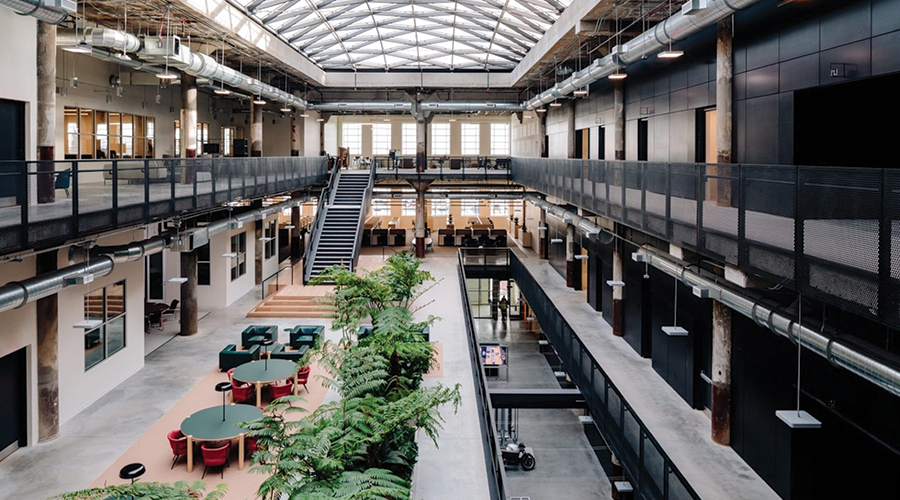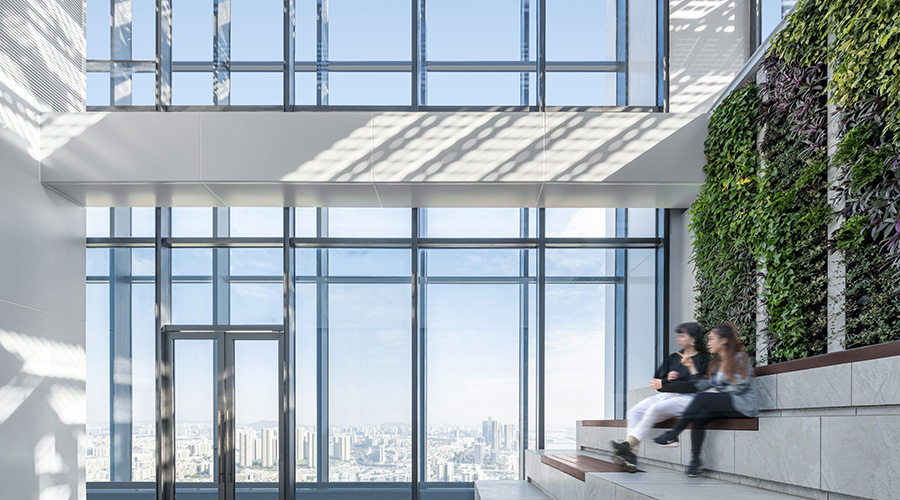Motivating Occupants Is Critical To Ensuring Cooperation on Energy Savings
Another wrinkle is that not everyone is motivated by competition. At the Olympia School District, Meyer had to evaluate what motivates her building occupants in figuring out how to tackle the space heater issue. Especially in her population, they're motivated more by cooperation than competition.
"Behavior change theory has shown that people can't have two reasons for doing something," Meyer says. "Once you provide some sort of incentive, they're no longer doing it because it's the right thing to do. You can not harbor both of those purposes at the same time." For this reason, Meyer does not use rewards. She also doesn't provide disincentives, like fines.
In the end, what worked for Meyer was to embrace the fact that her building occupants were not going to stop wanting space heaters. She sourced radiant heaters, which use much less energy and do not pose a fire hazard risk, and these were offered to whomever wanted them in an exchange program. As part of the process, recipients of the radiant heaters had to sign a form pledging they would try to use less energy, would not use the heaters on days the room was warmer than 68 F and would dress for the weather.
In other areas, Meyer uses simple informative signage to help building occupants understand what they can do to save energy. There are stickers on the lights and other devices that can be turned off, reminding people that they have permission to do so. This simple act is not as obvious as one might presume, Meyer says.
"Especially if you're going into a shared space, it would be presumptuous to turn off the lights because somebody else might be using it," she says. In places like meeting rooms, they do use occupancy sensors because nobody is going to turn off the lights — because nobody is in charge. "But if you have an individual room, a little reminder helps."
She also sends out quick informational emails, letting people know that by turning off their monitors and lights, they can help keep the heat down in their workspaces. During the recent heat wave, Meyer walked around with a heat gun, showing people just how warm the monitors got. This simple and immediate information actually prompted people to turn off their monitors and lights when not in use.
Related Topics:















